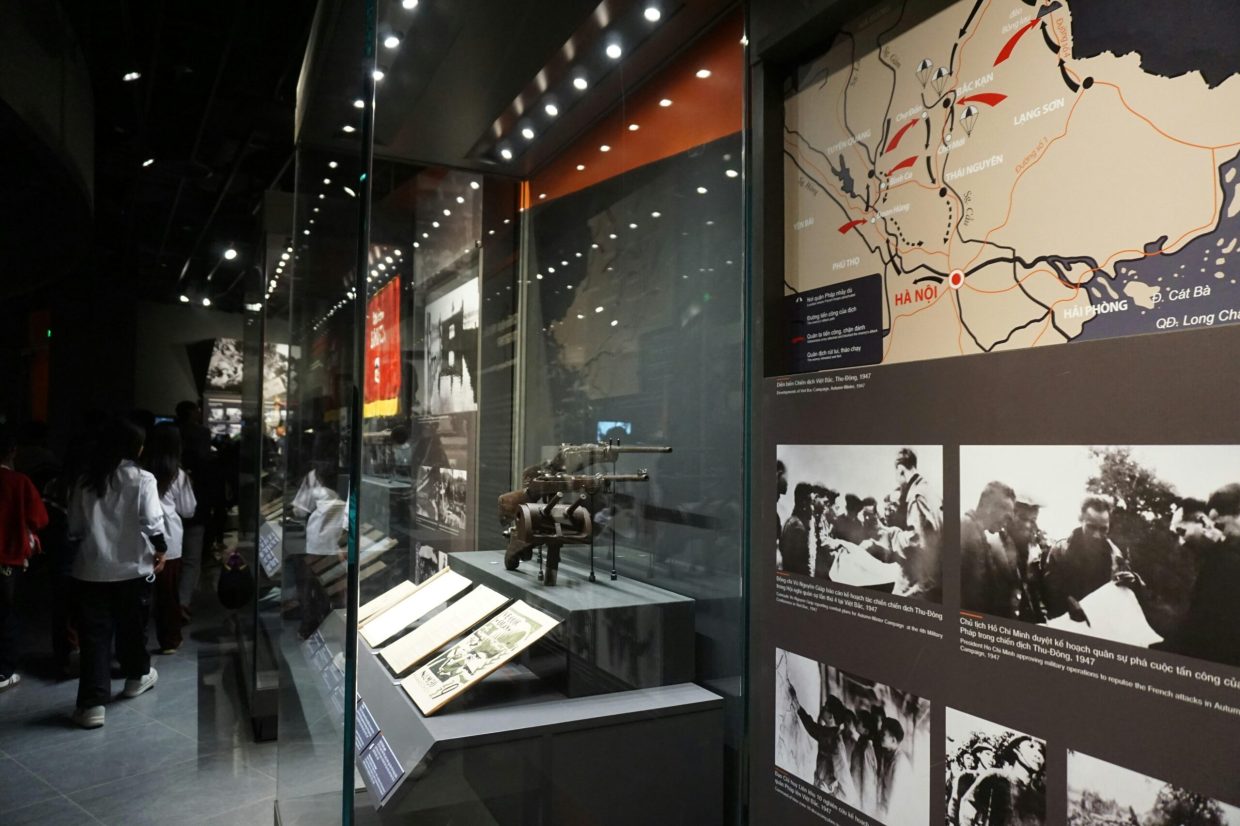When we think about history, dry textbooks and faded photographs might come to mind. But there’s a powerful way to truly connect with the past—through war documentaries. These films don’t just tell us what happened; they bring history to life with real stories, faces, and emotions. Whether it’s the roar of battle, the quiet moments between soldiers, or the voices of those who lived through the chaos, war documentaries help us remember history in a way that feels immediate and personal. In this blog, we’ll explore how these gripping narratives keep the past alive and why they matter more than ever.
Table of Contents
- The Power of Personal Stories in War Documentaries
- Understanding Historical Context Through Visual Storytelling
- Why Authenticity Matters When Portraying Conflict
- Tips for Choosing Meaningful War Documentaries to Watch
- In Retrospect
The Power of Personal Stories in War Documentaries
Personal narratives breathe life into the cold facts of history, transforming abstract statistics into vivid, relatable human experiences. Through firsthand accounts, viewers gain an intimate glimpse into the emotions, fears, and hopes of those caught in the turmoil of war. These stories create an emotional connection that transcends time, making historical events resonate on a profoundly personal level. By sharing moments of courage, sacrifice, and resilience, war documentaries invite us to walk alongside the individuals who lived through conflict, deepening our understanding far beyond what textbooks offer.
What makes these personal stories so compelling?
- Authenticity: Genuine voices convey trust and credibility.
- Empathy: Hearing from survivors fosters compassion and emotional engagement.
- Diversity: Different perspectives reveal the multifaceted impact of war.
- Memory Preservation: Personal testimonies help ensure that history is passed down with humanity intact.
Understanding Historical Context Through Visual Storytelling
War documentaries serve as powerful bridges between the past and present, allowing us to see history unfold as if we were there. Through carefully curated footage, personal interviews, and poignant imagery, they transform complex historical events into relatable narratives. This visual storytelling transcends traditional textbooks by providing a human face to conflict, making the experiences of soldiers, civilians, and leaders resonate deeply. It’s not just about dates and battles; it’s about understanding the emotions, decisions, and consequences that shaped our world. The visuals bring layers of history to life, helping viewers grasp the gravity and impact of war in ways that words alone often can’t achieve.
Key elements that make war documentaries memorable include:
- Authentic archival footage that captures real moments frozen in time
- Personal testimonies that offer diverse perspectives and evoke empathy
- Dynamic storytelling techniques that engage multiple senses
- Contextual narration that connects events to broader historical movements
By combining these elements, war documentaries do more than recount history; they invite us to reflect on human resilience, the cost of conflict, and the lessons we must carry forward. They remind us that history is a living story, and through visual storytelling, we become part of its ongoing dialogue.
Why Authenticity Matters When Portraying Conflict
Portraying conflict with genuine accuracy is essential because it respects the lived experiences of those who endured the turmoil. War documentaries often serve as a bridge between generations, providing intimate glimpses into the chaos and resilience that defined historical events. When authenticity shines through, viewers are granted a chance to connect emotionally and intellectually, fostering empathy that transcends time. This genuine depiction helps dismantle misconceptions, ensuring that the stories of sacrifice and survival are neither romanticized nor sanitized.
Moreover, an honest portrayal highlights the complexity of war, which rarely fits into simplistic narratives of good versus evil. Key benefits of maintaining authenticity include:
- Preserving historical truth: Avoiding distortions or oversimplifications helps safeguard the integrity of past events.
- Honoring real human experiences: Sharing raw, unfiltered stories respects those who lived through conflict.
- Encouraging critical thinking: Viewers learn to question and analyze rather than accept history as black-and-white.
Embracing authenticity doesn’t just educate; it compels us to remember history with all its nuances, ensuring the lessons of war endure with clarity and compassion.
Tips for Choosing Meaningful War Documentaries to Watch
Choosing the right war documentary can significantly impact how deeply you connect with the stories and lessons from history. Start by looking for documentaries with strong narrative voices that guide you through events rather than just presenting raw footage. This approach helps create a compelling storyline that resonates emotionally and intellectually. Additionally, prioritize films that incorporate a variety of perspectives—including those of soldiers, civilians, and historians—to gain a more comprehensive understanding beyond the battlefield.
It’s also helpful to focus on documentaries that use credible sources and archival material, ensuring the authenticity of the story being told. Pay attention to the filmmaker’s background and their approach to the subject matter—do they emphasize critical reflection or simply glorify combat? Finally, trust your instincts: does the documentary provoke thought, evoke empathy, or challenge your assumptions? If so, you’ve likely found a meaningful watch that will stay with you long after the credits roll.
In Retrospect
Thanks for sticking with me through this journey into the power of war documentaries. These films don’t just show us battles and strategies — they bring to life the human stories behind the history books. By connecting us emotionally to events of the past, they help ensure that the lessons and memories endure. So next time you watch a war documentary, remember you’re not just witnessing history—you’re helping keep it alive. Until the next post, stay curious and keep learning!













